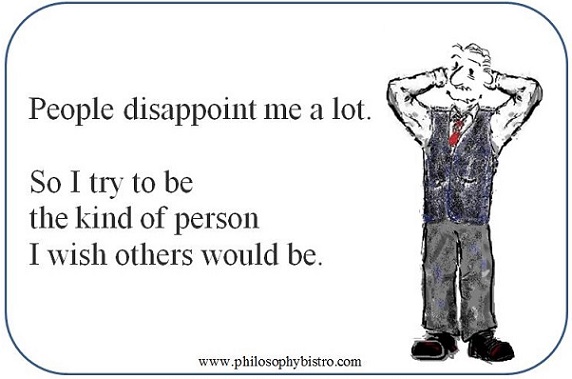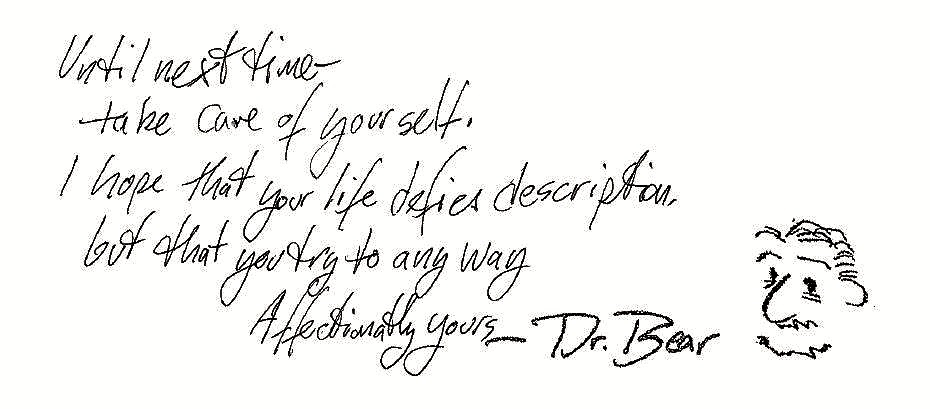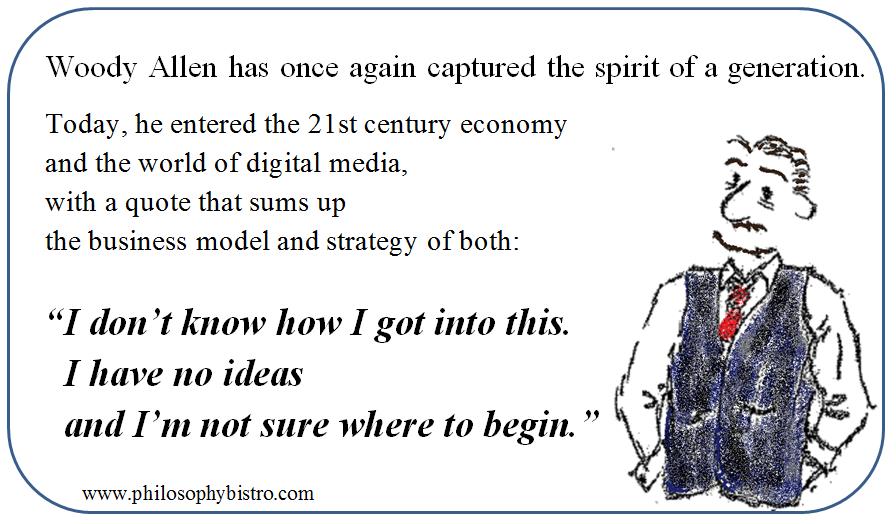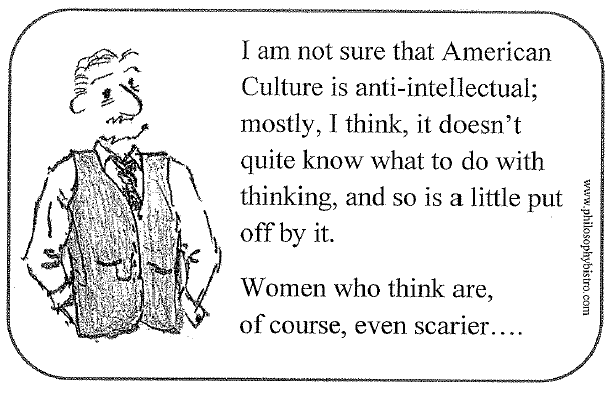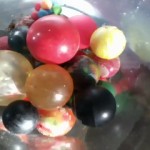 So, it seems I have this big jar
So, it seems I have this big jar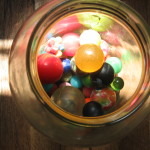 with a lot of bouncy rubber balls in it.
with a lot of bouncy rubber balls in it.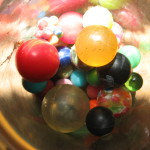

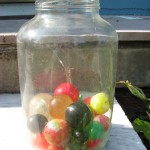
Any suggestions?
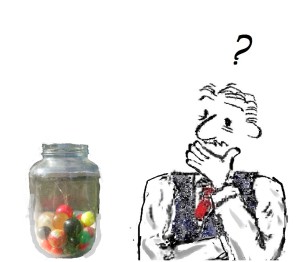
Category Archives: Uncategorized
GREAT SHOW! PLAN TO SEE IT!!!!
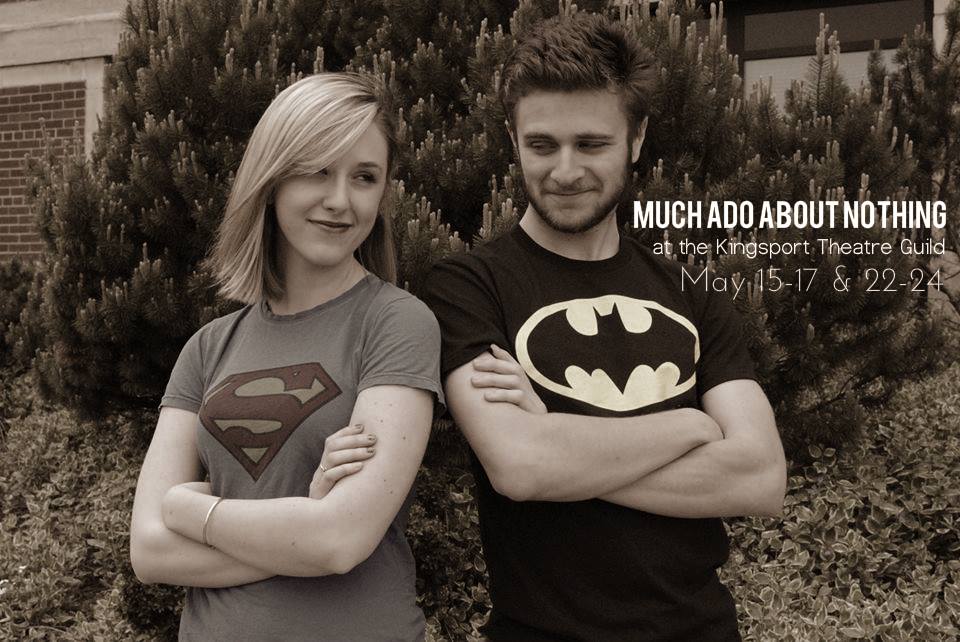 VERY, VERY, VERY FUNNY!
VERY, VERY, VERY FUNNY!
This production updates the setting, but retains the great script, and the cast speaks it so naturally that it is really easy to understand. It’s a great young cast–exciting and energetic and with a wonderful sense of comedy timing.
In the history of theater, Benedick & Beatrice are the emperor & empress of snark, and Hannah Swayze & Nathaniel Couper do them justice.
Five more performance:
Sunday, May 17 at 2 p.m.
Friday, May 22 at 7 p.m.
Saturday, May 23 at 2 p.m and at 7 p.m.
Sunday, May 24 at 2 p.m.
Thinking about the brain
Human Nature
Why separate the sheep from the goats?
Happy Chinese New Year!
In today’s recipe, I suggested adding root vegetables, and realized  that there are a large variety of names & nicknames for turnips and rutabagas (turks, swedes, neeps, tumshie, etc.). Since Americans so seldom use these, the names aren’t important, but some places they are, especially as the name says something about how they are to be used.
that there are a large variety of names & nicknames for turnips and rutabagas (turks, swedes, neeps, tumshie, etc.). Since Americans so seldom use these, the names aren’t important, but some places they are, especially as the name says something about how they are to be used.
 We cannot think without categories, and cannot share our thoughts without terms for these categories. Because I encounter them rarely (especially in this weather), it is not necessary for me to distinguish between different kinds of monkeys. It is possible, in fact even probably, that there are people for whom the differences between the 260-odd kinds of monkey are much more important, and much more pronounced.
We cannot think without categories, and cannot share our thoughts without terms for these categories. Because I encounter them rarely (especially in this weather), it is not necessary for me to distinguish between different kinds of monkeys. It is possible, in fact even probably, that there are people for whom the differences between the 260-odd kinds of monkey are much more important, and much more pronounced.
Many 20th century thinkers dealt with the question of categories, Michel Foucault, George Lakoff, to name a few. In his piece ‘El idioma analítico de John Wilkins’, Jorge Luis Borges, writes of a fabled Chinese dictionary entitled The Celestial Emporium of Benevolent Knowledge, in which animals can be:
- (a) those belonging to the Emperor
- (b) those that are embalmed
- (c) those that are tame
- (d) pigs
- (e) sirens
- (f) imaginary animals
- (g) wild dogs
- (h) those included in this classification
- (i) those that are crazy-acting
- (j) those that are uncountable
- (k) those painted with the finest brush made of camel hair,
- (l) miscellaneous
- (m) those which have just broken a vase
- (n) those which, from a distance, look like flies.
Today, according to the lunar calendar used in China, is the beginning of a new year. The sign for this year in the astrological calendar is 羊 (yang), not to be confused with 陽 (yang), one of the elements of the  . If you look at 羊 , you might notice that it has little horns on the top. It refers to a general kind of horned animal, sometimes a sheep, sometimes a goat,
. If you look at 羊 , you might notice that it has little horns on the top. It refers to a general kind of horned animal, sometimes a sheep, sometimes a goat, 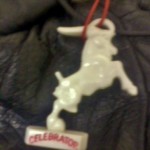 sometimes a ram. The BBC, The Old Gray Lady, NPR and other western news sources are unsettled by the vagueness of this name and category, but China has managed to get by with it for centuries.
sometimes a ram. The BBC, The Old Gray Lady, NPR and other western news sources are unsettled by the vagueness of this name and category, but China has managed to get by with it for centuries.
The categories by which we interact with the world make them our worlds, but they also make the world for other people. Heidegger once wrote that “Language is the house of being. In its home human beings dwell. Those who think and those who create with words are the guardians of this home.” So be careful whom you call a sheep and whom you call a goat.
I’ll leave you with my best wishes, and this quote from Borges:
The impossibility of penetrating the divine scheme of the universe does not, however, dissuade us from planning human schemes, even though we know they must be provisional.
Audio version of Holy Katzenjammer Kids

Leadership for the 21st Century
Portland Vegan Strip Club Black Friday Riot
I have just always wanted to say that.
http://thatoregonlife.com/2014/11/portland-police-arrest-35-black-friday-vegan-strip-club-riot/
viz. vs. vis-à-vis
Ve’re uff to see der Vizard!
Hey, just a note:
“Viz.” is not the same as “vis-à-vis.”
“Viz.” is short for the medieval Latin word videlicet, and is usually used the way we would use “that is to say,” or “namely.” It is very similar to “i.e.”
On the other hand, “vis-à-vis” is from a French term, literally “face to face.” It is used to highlight an aspect of something as it is in relation to (face to face, toe to toe) to another thing.
Thanks.

